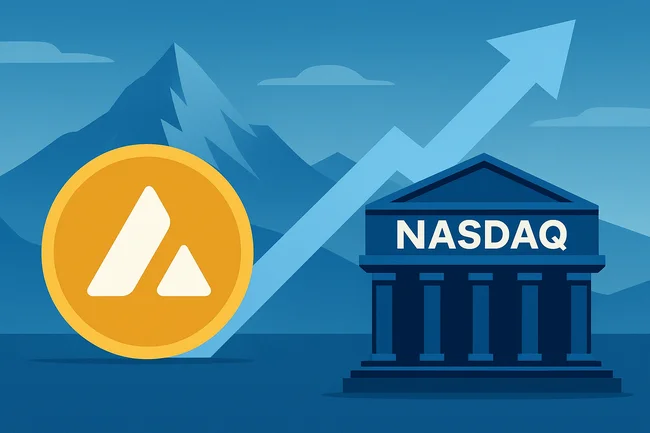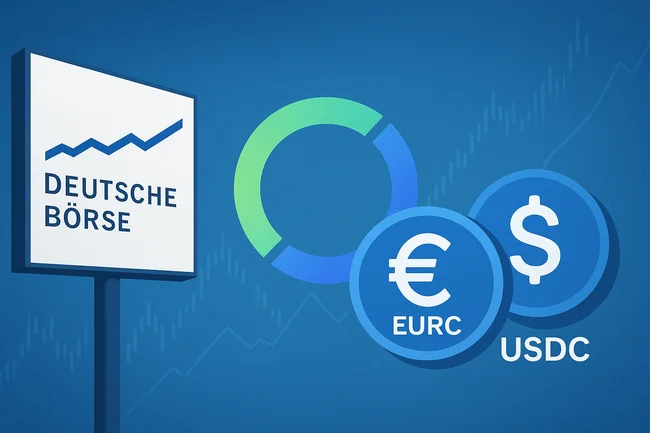Collateral refers to assets pledged as security in a borrowing arrangement. When a person or organization borrows funds in cryptocurrency, they may need to provide collateral to secure the loan.In this scenario, if the borrower fails to repay, the lender can seize the collateral to recover their losses. This system minimizes risk for lenders and allows borrowers to access funds while holding on to their other assets.Collateral can take many forms, including various cryptocurrencies or tokens. Different lending platforms may have different requirements regarding the type and value of collateral needed. Typically, the value of the collateral must exceed the loan amount, helping to protect the lender against market volatility.These practices are essential for decentralized finance (DeFi), where traditional financial intermediaries are less involved. Collateralized loans enable users to leverage their digital assets without needing to sell them, thus providing liquidity while retaining ownership.

Avalanche Treasury Co. to Go Public in $675M Deal With Mountain Lake Acquisition
Avalanche Treasury Co. (AVAT), a digital asset treasury company aligned with the Avalanche Foundation, said Wednesday it has agreed to



